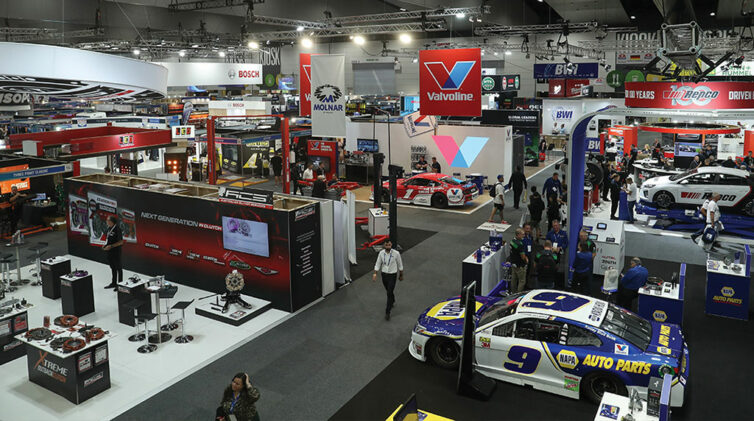As Subaru was warning that it was closing one of two lines in northern Japan for two weeks, Toyota Australia confirmed with GoAutoNews Premium that its hybrid models were being hit by delays in electronic parts and that some hybrid models were delayed by up to six months. The average delay on Toyota hybrids was three months.
Subaru’s Yajima plant, one of two main Subaru plants in the central north of Japan’s main island Honshu, makes about 2500 vehicles a day although at this stage one production line will remain open while the second line is idled.
The production affects the supply of Outback, Forester, XV and Impreza models for Australia.
The prime problem with production delays is the inability for car-makers to secure sufficient electronic chips to fit to new vehicles. A car can have between 50 and 150 microprocessors running everything from the satellite navigation to emission control, braking systems and audio.
A shortage caused by demand in the personal electronics and power tools industries during the pandemic has been exacerbated by a fire at a chip factory in Japan that supplies one-third of global automotive chips.
The fire broke out in the middle of March at chip manufacturing company Renesas Electronics in Tokyo.
Subaru Australia told GoAutoNews Premium that “We’re liaising with the factory to evaluate any potential effects, but as per the statement in Japan, the main plant at Gunma remains in production.”

Outback
Toyota delivery is also affected by the chip problem. Toyota Australia told GoAutoNews Premium that it is managing any delays caused by COVID-19 issues, including the electronic chip bottleneck.
Toyota’s director of sales and marketing Sean Hanley said delays had especially hit the hybrid vehicles with the RAV4 Hybrid delivery pushed out by up to six months.
“At the moment, the average wait for our hybrid vehicles is three months,” he said.
“But we’re working hard to secure additional supply from the factory and we’re very confident that as we progress through the year, their production levels will increase according to a strong demand.”
Motor Trades Association of Australia (MTAA) CEO Richard Dudley said the delays for many makes and models were up to twice the normal delivery time, “if not longer”.
He said the MTAA was aware of delays for some models of about six months while for others “it’s potentially longer than that.”
The MTAA said the shortage had also impacted on delays for servicing and repairing vehicles.
“If you can’t get hold of an electronic control unit, that might prolong the time it takes for a vehicle to be repaired,” he said.
Australian Automotive Dealer Association (AADA) CEO James Voortman confirmed the figures based on surveys of dealerships.

Subaru is the latest car-maker to report the ongoing decline in output attributed to the inability to secure electronic chips, a flow-on of car-makers around the world last year announcing reduced output on fears of the pandemic demand for vehicles. In fact, the opposite occurred.
But for the manufacturers of chips, the car-makers’ call for reduced supplies saw them turn to traditional personal electronic, power tools and mobile phone markets. In closing off supply to the car-makers, chip makers found demand in computers and phones and were unable to return to the car industry.
Globally, the chip shortage has caused Ford to cancel shifts at two US car plants and said profits could be hit by up to $US2.5 billion this year because of the delays.
In other companies: Nissan is idling output at plants in Mexico and the US; General Motors has warned that it could lead to a $US2b profit hit; Hyundai has idled one production line in South Korea; Volkswagen has sent a reported 10,000 factory workers home on temporary leave; Suzuki said it would halt production at two of its three factories in Japan; and Ford more recently said it will temporarily stop or slow production at six plants across North America.
Subaru Corporation said it will make production adjustments at its automobile manufacturing facilities in Japan and will resume part of the line on April 21.
It said all production lines will resume operations on May 10 after a scheduled holiday on May 9.
“During this period, production at the main plant (automobile plant) and the Oizumi plant (engine and transmission plant) is scheduled to continue,” it said.
“The impact on the company’s consolidated financial performance is yet to be determined. We will make a further announcement if deemed necessary,” the company said.
By Neil Dowling












 Read More: Related articles
Read More: Related articles

